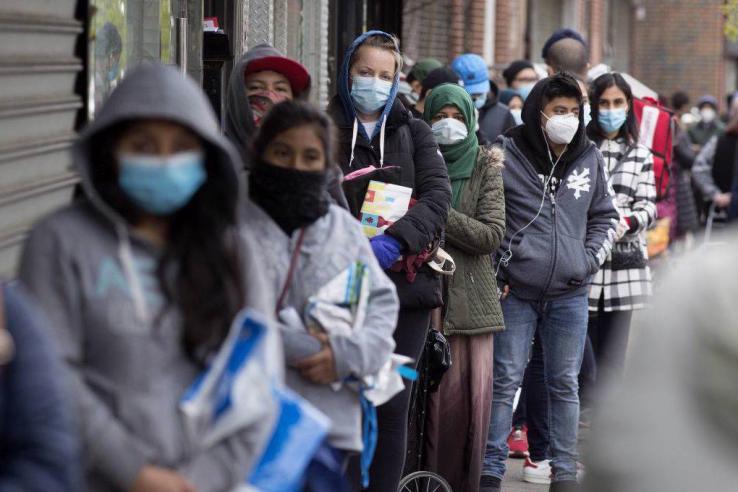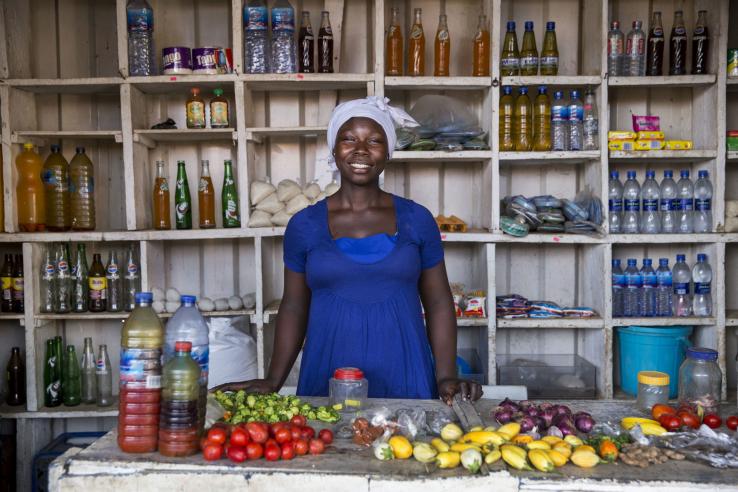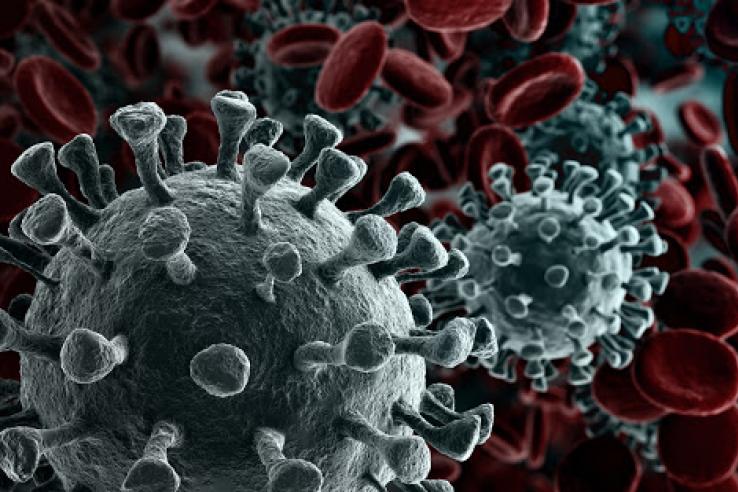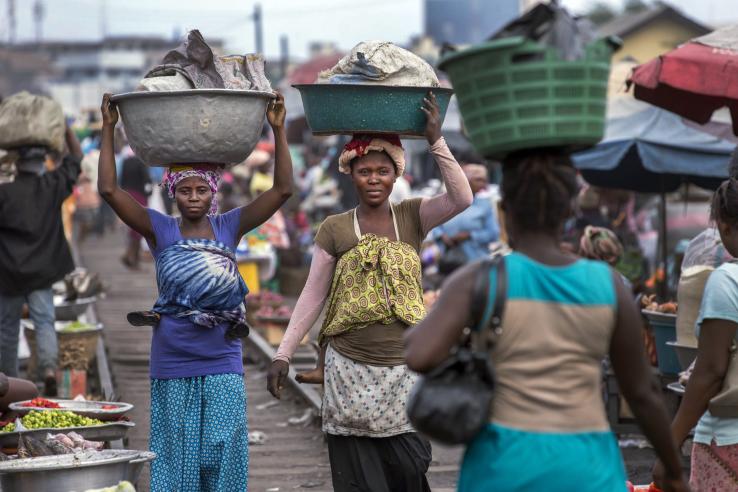Displaying 2686 - 2700 of 8473
Blog
Research from randomized evaluations can shed light on some of the benefits of working from home for employees and their employers—and best practices for those of us looking to maximize our productivity while preserving some work-life balance.
Person
Olawunmi Ola-Busari is a Policy Associate at J-PAL Africa where she supports scoping for scale-ups, helps prepare policy dissemination presentations and memo, and supports policy training and events.
Person
Research resource
Administrative data is information collected, used, and stored primarily for administrative (i.e., operational), rather than research, purposes. These data can be an excellent source of information for use in research and impact evaluation. This document provides practical guidance on how to obtain...
Blog
With an abundance of important and sometimes surprising findings from studies of socioeconomic interventions in recent decades, it is clear that development in the absence of evidence-based policymaking is a fool's errand. The small details matter as much as—and sometimes more than—the economic big...
Person
Aarathi Thomas is the HR Manager at J-PAL South Asia where she is primarily responsible for planning, designing and strengthening key HR activities and processes with a focus on staff development.
Event
Join us each week from 3:00-4:30pm EEST (8:00-9:30am EDT) for this webinar training series on Evaluating Social Programs. Over the course of four weeks, these webinars will provide an introduction to why and how randomized evaluations can be used to rigorously measure social impact. The sessions...
Policy insight
Providing women in low- and middle-income countries with financial resources or financial services did not consistently lead to economic empowerment if women were unable to maintain control over the use of funds within their households. Financial inclusion and social protection programs should...
Blog
J-PAL Global Executive Director Iqbal Dhaliwal outlines the actions J-PAL is taking to slow the spread of COVID-19 and ensure the safety of our staff.
Person
Aditya Rayala is a Project Manager at J-PAL where he works on leading and managing multi-million dollar large scale impact evaluations with a multitude of stakeholders/partners engaged on a project. These include: academics, policymakers, government functionaries, implementing partner NGOs, private...
Blog
Together with a team of Spanish and international researchers coordinated by the Centro de Estudios Monetarios y Financieros, J-PAL Europe is partnering with the Spanish Ministry of Inclusion, Social Security and Migration to launch a Policy Lab focused on bringing evidence to the core of social...
Blog
While the challenges women face in entering and remaining in the labor market are not new, they have worsened in the wake of the pandemic. One of the barriers to women’s economic empowerment and labor market participation is restrictive gender norms relating to the acceptability of women working...
Blog
Emily Owens (University of California, Irvine) and Shawn Watts (Shasta County Superior Court) discuss their evaluation on strategies to reduce failure to appear rates and their researcher-practitioner partnership.
Blog
A strong online presence can be an important tool for building a network. It has the potential to increase your credibility, visibility, and enhance your reputation as a knowledgeable researcher in an international setting. This is the first post in a two-part series compiling resources for early...
Resource
Basic page







